As a parent, you play a significant role in your children’s early development. Naturally, their skills will be honed by trained professionals once they go to nursery or school, but until then – and for many years to come – you will be the number one educator in your kids’ lives.
But don’t worry, you don’t have to become a registered childminder to enhance your children’s learning. You can continue their education at home through play creating healthy lifelong learning habits.
Fun Learning at Home Activities with Kids
Of course, like many single parents, you are probably wondering how you can fit yet another activity into your already hectic schedule. To this we say, don’t worry! Here are 6 of our favourite activities that will teach them new skills through play without taking up too much of your time.
1) Story Time
Storytime is one of the easiest and most enjoyable ways to help your child learn playfully at home. You don’t have to be a trained orator – just grab a few of your child’s favourite books and snuggle up in a relaxing space like their bedroom or on the sofa in your lounge for some quality bonding time immersed in a good book. Not only will your children be exposed to new vocabulary, but they will also start to develop listening and literacy skills that they will still benefit from in their adult years. Fiction stories also promote social-emotional growth as your child learns about different characters, their motivations, and emotions.
To make story time even more educational, you can add extra challenges at the end of each chapter to keep your child focused throughout the activity, with a reward ready and waiting. For example, you can ask them to identify all the emotions felt by the characters or list new words they’ve learned. Then, if they have been a good student, you can give them a new book or words of encouragement to keep them motivated.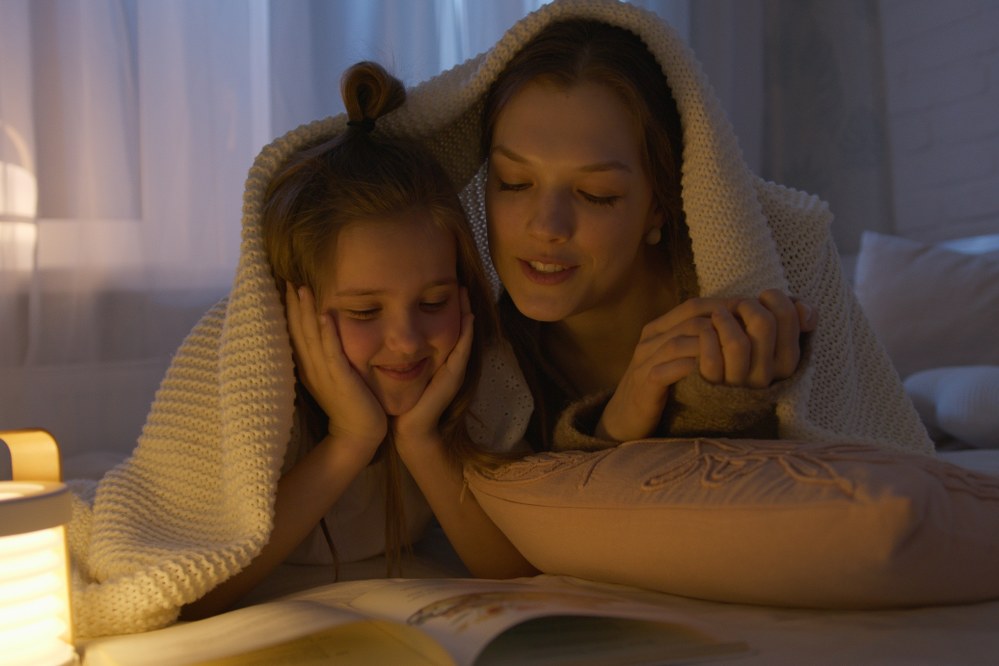
2) Sensory Play
Sensory play is any activity that engages your child’s senses, such as hearing, touch, smell, taste, and sight. It helps them make connections in their brain between what they are experiencing and their immediate surroundings and is a a great way to help your baby or toddler learn through play. It also improves their motor skills as this form of play exposes them to various surfaces and textures.
Parents can encourage sensory play at home with ease as many things around the household can be used, such as raw rice, beads, and marbles. You can also invest in sensory bins or boxes specifically designed for this type of activity. This kind of play encourages investigation and curiosity, so it is the perfect activity to help your child learn more about their surroundings. It is also an activity you can do when you are out and about or on holiday.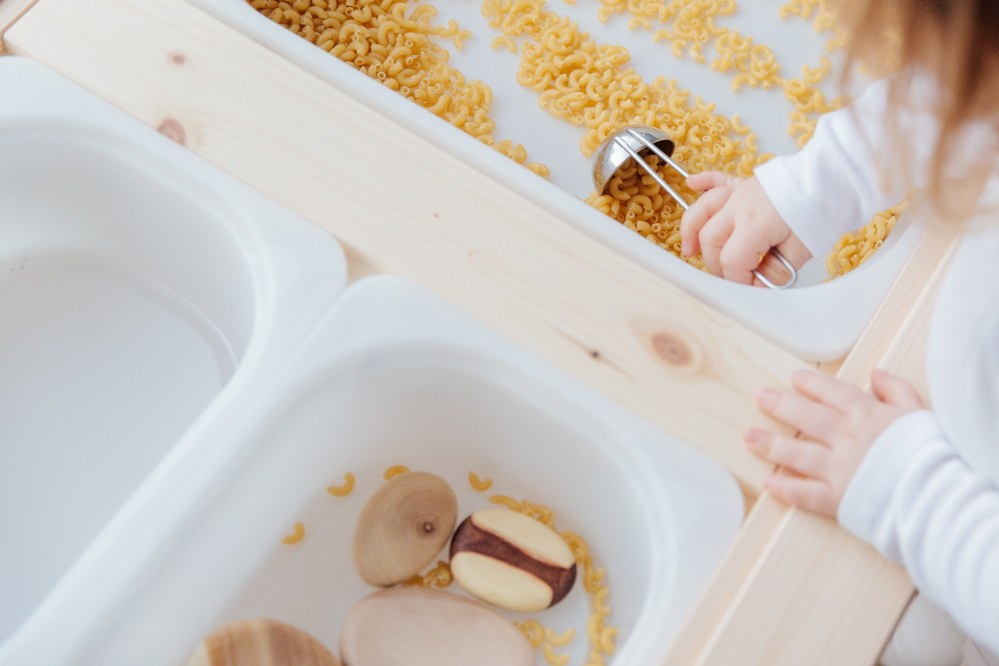
3) Role Play
Dressing up as different characters and acting out scenes is not just fun – it also allows your children to develop their imagination and confidence as they take on different personas. In addition, by dressing up themselves, they are simultaneously practicing an important part of their development by simply acting out different real-life scenarios. If you have multiple young children, role play can be especially beneficial as it helps them learn how to cooperate and communicate with others. Eventually, this will give them a fantastic advantage socially.
4) Arts and Crafts
Arts and crafts are not only a fun way to spend an afternoon, but they are also beneficial for your child’s development. This activity is commonplace in many childcare facilities, such as Gowrie NSW in Crows Nest, as it helps children use their imagination while practicing fine motor skills such as holding a paintbrush or crayons.
There are many different art and crafts activities the whole family can participate in at home, such as painting, drawing, colouring, making cards or origami. Kids who are gifted in these areas will have a chance to shine and explore their talents, while simultaneously gaining a stronger sense of their own identity through their respective creative outlets.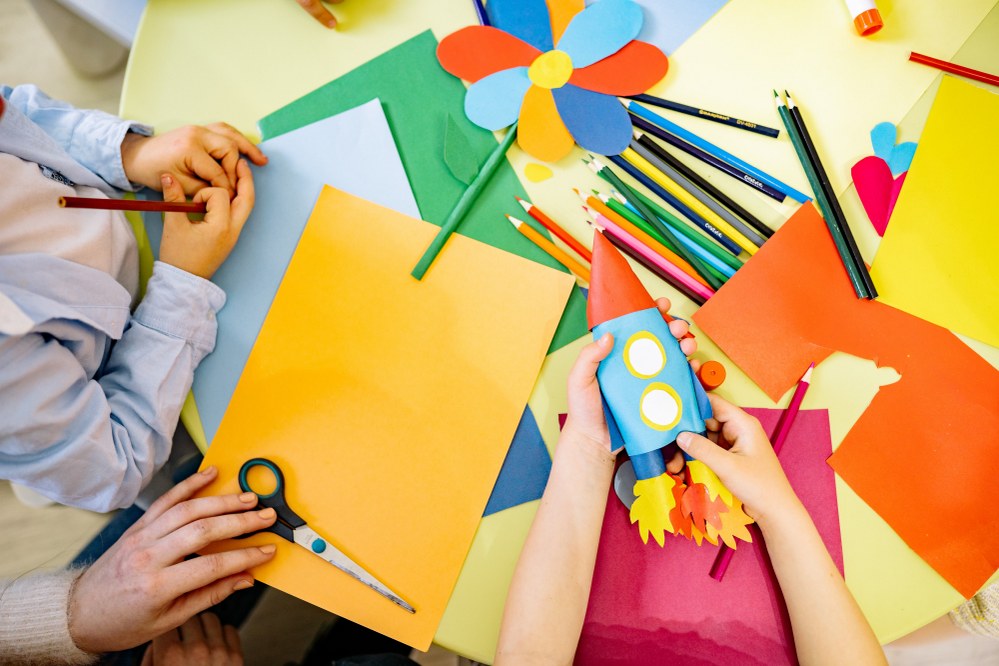
5) Blocks and Jigsaws
Buying your child a block set or a jigsaw puzzle is a great way to help them develop their logical thinking skills at home while also providing hours of entertainment. Not only are these activities great for improving their problem-solving abilities, but they are also perfect for developing patience and concentration.
Blocks, in particular, can help with spatial awareness, as kids learn how to arrange them in different formations and structures. Jigsaw puzzles, on the other hand, improve memory and attention to detail as kids have to remember where each piece goes. In the most fundamental sense, these toy pieces also appear in different textures, sizes, shapes, and colours – all of which can help to improve your child’s sensory development.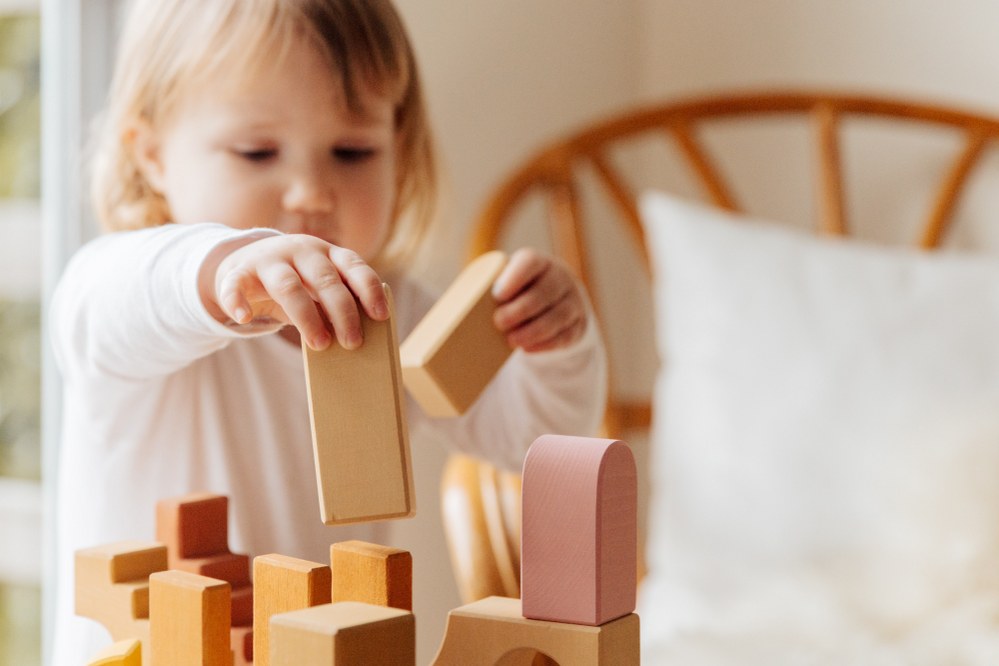
6) Music and Singing
Aside from being a fun way to bond and jam with the entire family, listening and dancing to music as a family unit can lead to positive physical, cognitive, and social effects. For one, it helps children improve their coordination and language development, as they learn how to follow pitch and intonation. They also learn how to count and keep tempo, which helps them develop their sense of maths and spatial relations.
Music and singing also improve a child’s listening skills, as they learn to differentiate between various sounds and react to them accordingly. Finally, with the right encouragement, children can become more comfortable in their own skin too, as music and singing allow them to express themselves more openly and without inhibition.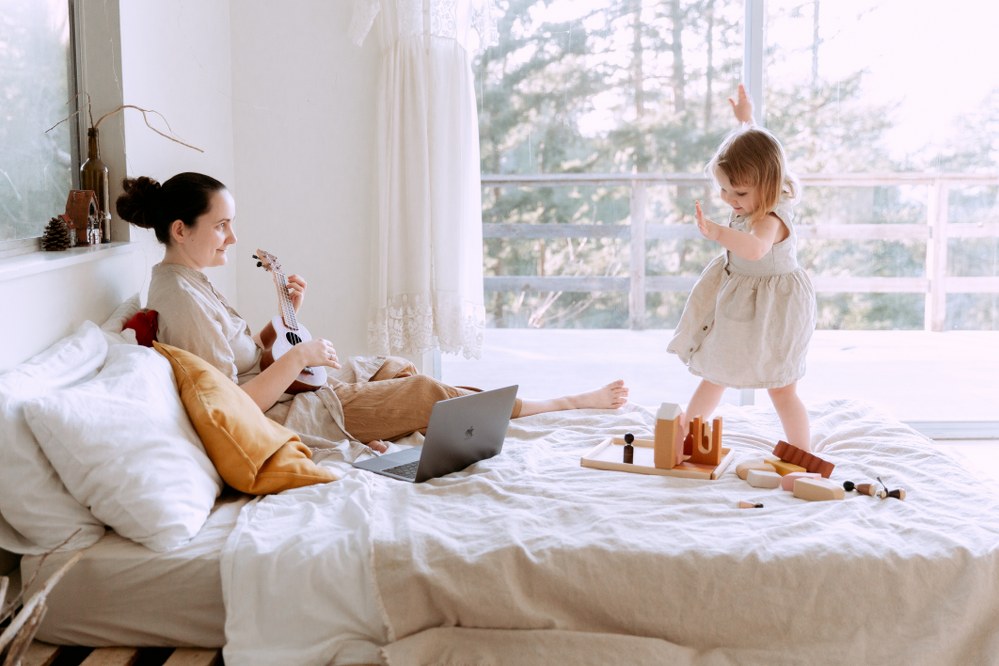
You might already engage in some of the above learning activities. Now it’s only a case of making them part of your daily or weekly routine. Many of them can be carried out not just at home, but on the school run or on holiday – check out our post about the best travel toys for your holiday with kids. Don’t miss that opportunity to foster your children’s natural curiosity. Fuel their passions and channel their energy into activities that will stimulate them and develop their physical, emotional, and mental skills by learning through play.
About Single Parents on Holiday:
Single Parents on Holiday is the only tour operator in the UK offering escorted group holidays in the UK and abroad exclusively for single parent families. In addition, we now also offer solo holidays for our single parent empty nesters, in particular solo ski holidays.